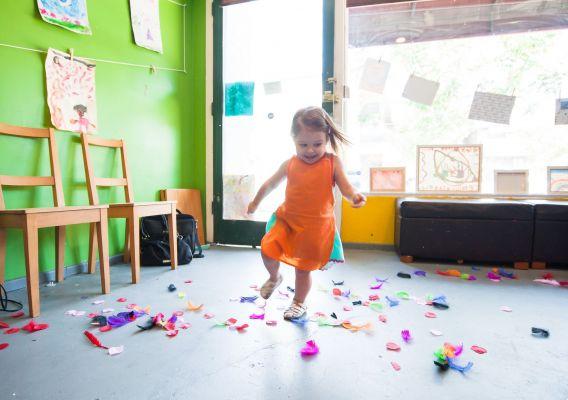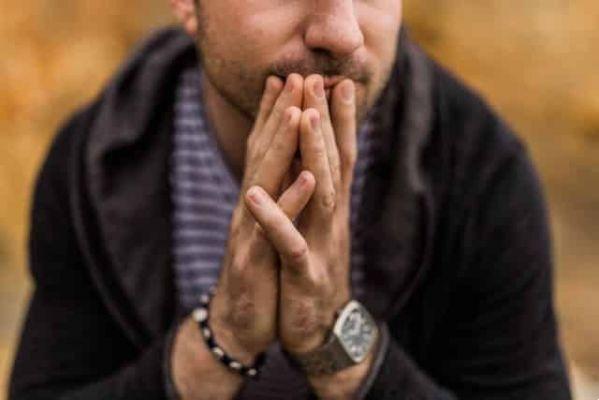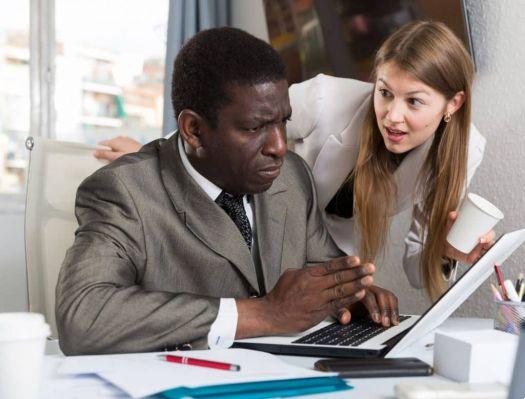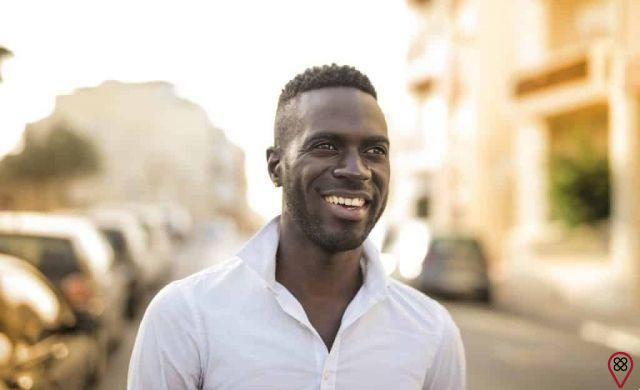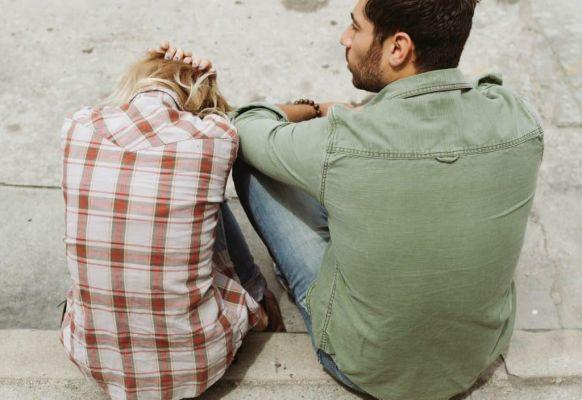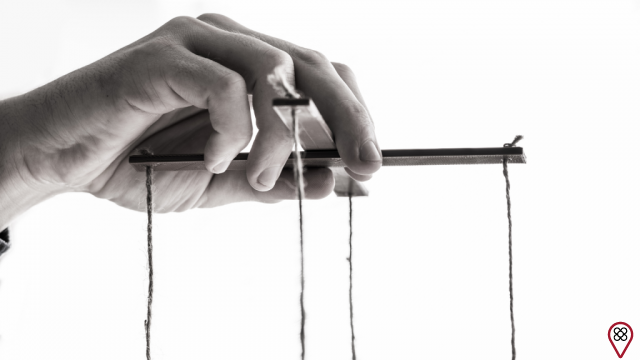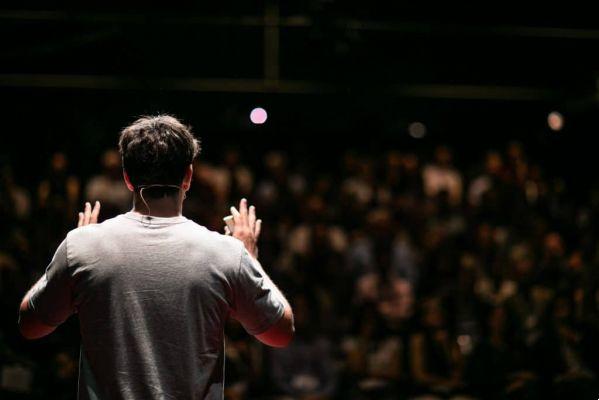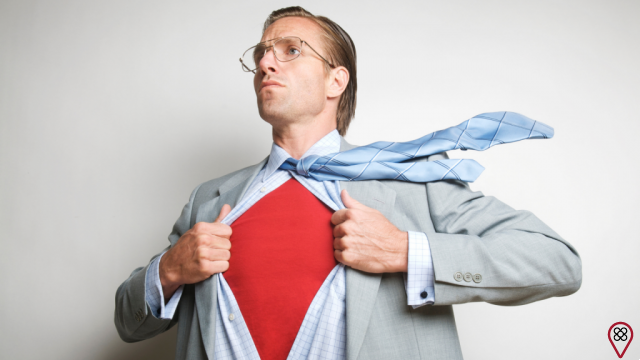Guilt is part of the human conscience that condemns us for our actions and thoughts. Who hasn't had that feeling? As if there were two ways to act: one right and one wrong, or good and bad?
We divide ourselves into two people: one real, bad, wrong, bad and one ideal, good, right and that tortures the other. Within us, a judgment is being processed in which the ideal, imaginary Self is the judge, and the real, concrete and human Self is the defendant.
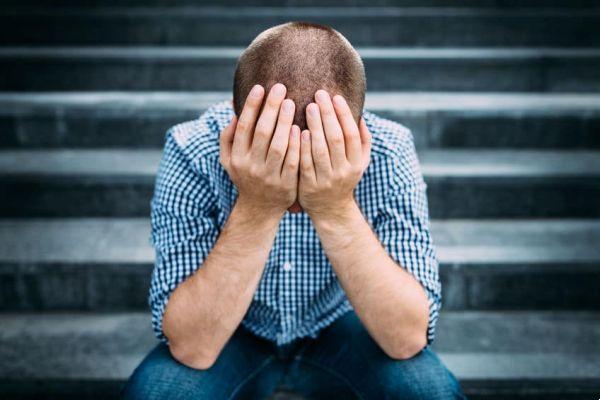
The greater the expectation of us, the greater the perfectionist model of how our life should be, the greater our sense of guilt. Guilt is sadness for not being perfect, it's an inability to deal with error, imperfection, a frustrated desire; and the most serious thing is that we learn the feeling of guilt as a virtue!
Guilt, far from providing us with an incentive to grow, makes us spend our energies in inner regret for what has already happened instead of spending them on new things, new actions and new behaviors.
You may also like
- Are you sorry? See the harm this feeling can cause in your life
- Download our e-book: 9 steps to forgive (yourself and others) and be free
- Discover the importance of forgiveness for our well-being and forgive!
The consequences of guilt are: self-punishment, fear, suffering and remorse, physical, emotional and mental illness, submission and loneliness, difficulty saying “no”, exacerbated use of alcohol, drugs, binge eating, difficulty feeling pleasure and, finally, , destruction of self-esteem and self-esteem.
People who tend to have an exacerbated guilt pattern worry too much about the opinion of others, feel bad when they receive something, because, in fact, they don't consider themselves worthy of accepting gifts or praise, have a lot of anger and aggression stored, while they usually blame others for their suffering. Generally, they punish themselves by getting sick or being frequent victims of accidents, as if they were self-punishing. They don't give themselves gifts or pleasures, or even use their own time for themselves. Also, they don't talk about themselves because they have low self-esteem.
Guilt does not stem from the error, but from the way we face the error. We say that to err is human, but we don't listen. Deep down, we don't forgive ourselves!
Pardon. The word of healing arises for excesses of guilt and restoration of our peace of soul. Only those who have developed the capacity for self-forgiveness have the energy for a healthy psychological life. Forgiveness for yourself is the very acceptance of life as it is, through the ups and downs.

The best thing is always to take responsibility and not blame yourself, because guilt makes us remain in the role of victim and it only brings stagnation and pattern repetition, it does not provide growth. Responsibility makes us believe in the ability to change. And we all have that ability!
So less guilt, more self-forgiveness, more self-love, that's growth, that's attitude, that's joy and happiness. It's balance!








